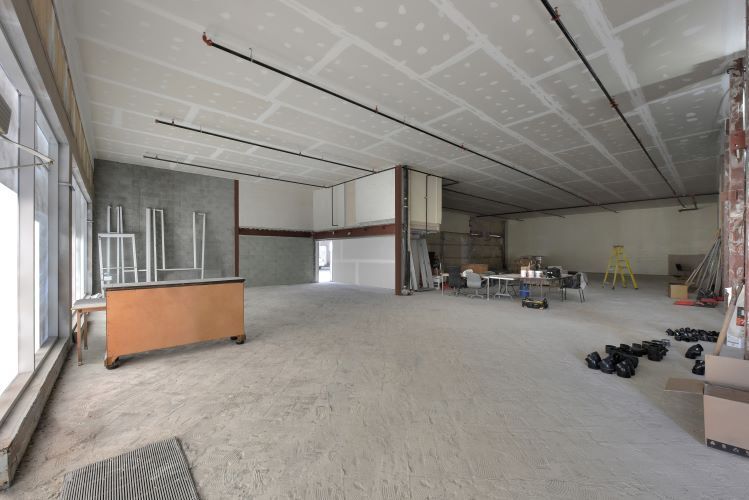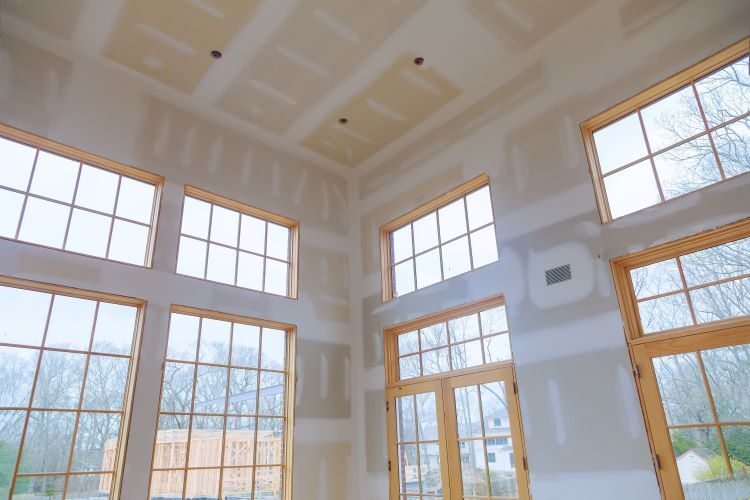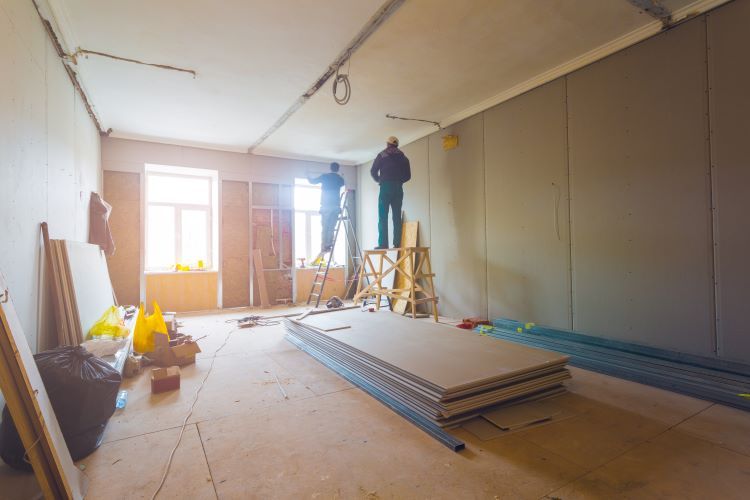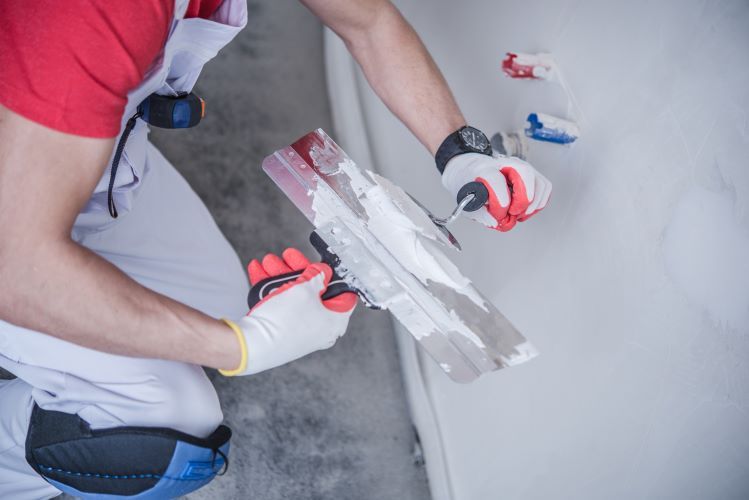Types of Drywall Used in Commercial Buildings

In the realm of commercial construction, choosing the right type of drywall is essential for ensuring structural integrity, durability, and performance. At St. John's Drywallers, we understand the unique requirements of commercial buildings and the importance of selecting the appropriate drywall to meet those needs. In this article, we’ll explore the different types of drywall commonly used in commercial buildings and discuss their applications and benefits.
1. Regular (Standard) Drywall
Description: Regular drywall, also known as standard or core drywall, is the most commonly used type for both residential and commercial projects. It consists of a gypsum core sandwiched between two layers of paper.
Applications: In commercial settings, regular drywall is typically used for walls and ceilings in areas where additional fire resistance or moisture resistance is not a primary concern. It is ideal for office spaces, conference rooms, and other non-specialized areas.
Benefits:
- Cost-Effective: Regular drywall is one of the most affordable options available, making it a practical choice for many commercial projects.
- Easy to Install: It is straightforward to cut, shape, and install, allowing for efficient construction and renovation processes.
2. Fire-Resistant Drywall
Description: Fire-resistant drywall, also known as Type X drywall, is designed to provide enhanced protection against fire. It includes additives such as fiberglass or mineral core, which improve its fire-resistance capabilities.
Applications: Fire-resistant drywall is used in commercial buildings where fire safety is a critical concern, such as in stairwells, elevator shafts, and walls separating different sections of a building. It is also required in certain building codes and regulations.
Benefits:
- Enhanced Safety: Provides increased resistance to fire, helping to contain and slow the spread of flames.
- Building Code Compliance: Meets specific fire-resistance requirements outlined in building codes and regulations.
3. Moisture-Resistant Drywall
Description: Moisture-resistant drywall, also known as green board or water-resistant drywall, features a moisture-resistant core and special paper that helps to repel water and prevent mold growth.
Applications: This type of drywall is used in areas prone to high humidity and moisture, such as restrooms, kitchens, and basements. It is also suitable for use in commercial buildings with specific moisture control needs.
Benefits:
- Mold and Mildew Resistance: Helps to prevent mold and mildew growth, improving indoor air quality and extending the lifespan of the drywall.
- Durability in Moist Environments: Ideal for areas where moisture and humidity are common, reducing the risk of damage.
4. Soundproof Drywall
Description: Soundproof drywall, also known as acoustic or sound-dampening drywall, is designed to reduce noise transmission between rooms. It typically contains additional layers of soundproofing material or a dense core to block sound.
Applications: Soundproof drywall is often used in commercial buildings where noise control is important, such as in office environments, conference rooms, and theaters.
Benefits:
- Improved Acoustic Performance: Reduces noise transmission, creating a quieter and more comfortable environment.
- Enhanced Privacy: Helps to maintain privacy between rooms by minimizing sound leakage.
5. Impact-Resistant Drywall
Description: Impact-resistant drywall, also known as abuse-resistant drywall, is designed to withstand heavy use and resist damage from impacts. It has a denser core and is reinforced with fiberglass mesh or other materials.
Applications: This type of drywall is used in high-traffic areas of commercial buildings, such as hallways, schools, and public spaces, where walls are more likely to be subjected to physical impact.
Benefits:
- Durability: Offers increased resistance to dents, scratches, and other damage, extending the life of the drywall.
- Reduced Maintenance: Requires less frequent repairs and maintenance due to its durability.
6. Specialty Drywall
Description: Specialty drywall includes a range of products designed for specific applications, such as thermal drywall (for improved insulation) or fire-resistant and moisture-resistant combinations.
Applications: These types of drywall are used in commercial buildings with unique requirements or where standard drywall options do not meet the needs.
Benefits:
- Customization: Offers tailored solutions for specific performance criteria.
- Enhanced Performance: Provides additional benefits, such as improved insulation or combined fire and moisture resistance.
Conclusion
Choosing the right type of drywall for commercial buildings is crucial for meeting safety, performance, and regulatory requirements. By understanding the various types of drywall—regular, fire-resistant, moisture-resistant, soundproof, impact-resistant, and specialty—you can make informed decisions that will ensure the longevity and functionality of your commercial spaces.
At St. John's Drywallers, we are committed to helping you select and install the best drywall solutions for your project. Contact us today for expert advice and professional drywall services tailored to your commercial needs.
You might also like


